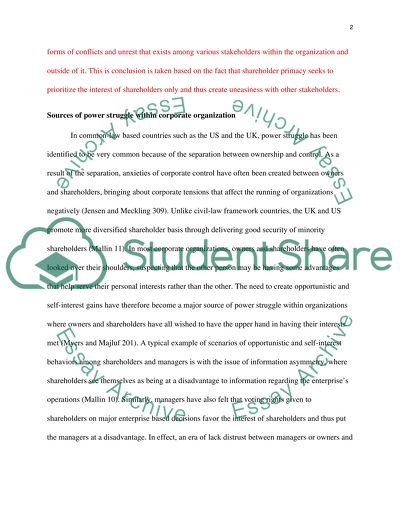Cite this document
(“Agency theory and the question of shareholder primacy Essay”, n.d.)
Agency theory and the question of shareholder primacy Essay. Retrieved from https://studentshare.org/law/1669194-agency-theory-and-the-question-of-shareholder-primacy
Agency theory and the question of shareholder primacy Essay. Retrieved from https://studentshare.org/law/1669194-agency-theory-and-the-question-of-shareholder-primacy
(Agency Theory and the Question of Shareholder Primacy Essay)
Agency Theory and the Question of Shareholder Primacy Essay. https://studentshare.org/law/1669194-agency-theory-and-the-question-of-shareholder-primacy.
Agency Theory and the Question of Shareholder Primacy Essay. https://studentshare.org/law/1669194-agency-theory-and-the-question-of-shareholder-primacy.
“Agency Theory and the Question of Shareholder Primacy Essay”, n.d. https://studentshare.org/law/1669194-agency-theory-and-the-question-of-shareholder-primacy.


